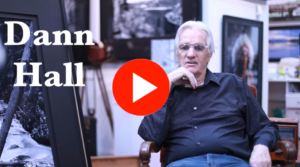Emily Articulated: AI (again)
By Emily Erickson
Reader Columnist
It was 2008 — The printer whirred as it spat out 14 pages of MapQuest directions. I swore under my breath as the banner ads emerged in full color — already streaky and overly pink. I’d killed the color cartridge in under a week, and my mom would definitely notice. Stapling the pages together, I hopped in the driver’s seat and reset the odometer to zero.
The first line read, “Head toward Pond Street on Mill Street,” and “Go for 1.2 miles.” I traced the route with my finger on the road atlas to visualize where I was headed. Hitting the gas, I double-checked the numbers before moving on to the next step.
It was 2014 — I stood outside a restaurant in Thailand as motorbikes whirred past on the road behind me. Grainy photos, laminated and sun-worn, showcased plates of food with Thai script beneath them. One image showed a pile of noodles coated in brown sauce, with what looked like steaming tofu chunks on top. At a small order window, I pointed to the picture and held up ฿30, hoping my smile would communicate more effectively than my clumsy pronunciation. Minutes later, a hand extended a box of food. I smiled again as I took it, then opened the container and realized I had no idea what I was about to eat.
It was 2023 — I typed my first prompt into ChatGPT, asking it to format a citation for a photo from the Oregon Sports Hall of Fame. As I entered the link, I thought about all the hours I’d spent in college plunking inputs into The Citation Machine, only to have bibliographies returned with red pen corrections — commas instead of periods, or the wrong lines italicized.
It’s 2025 — Using a map no longer comes naturally and I don’t melt down on the side of the road when I realize I missed a turn 20 minutes ago. Google Translate now renders foreign scripts into English in real time, so I know exactly what I’m ordering — and how to pronounce “thank you” when I do. And ChatGPT? It’s become my go-to for offloading tedious tasks I’d rather not allocate brain space to: drafting budgets, breaking down proposals and defining what exactly a HELOC is.
Technology has not only changed how we navigate the world — it’s changed how we are in it. A 2010 study showed a reduction in hippocampal activity in frequent GPS users, suggesting the part of my brain that once read maps may now be the size of a raisin (no doubt making space for dog meme recall). That makes me wonder: What other parts of myself am I quietly giving up?
Most AI experts agree: We’re on the cliff’s edge. AI isn’t going to reshape society in a hundred years, or likely even 10. The most optimistic forecasts predict a fundamental paradigm shift in the next few years.
There’s plenty to hope for: tools to combat climate change, cures for cancer and — if we manage wealth redistribution as AI replaces much of the labor force — maybe even a future where work isn’t tied to survival. (Yes, I’d better get started sharpening my barterable skills. Sourdough, anyone?)
But there’s also plenty to be wary of. If we outsource our creativity, our communication, our critical thinking — even our capacity to tolerate the mundane — what do we have left? We risk becoming mere vessels for machines to speak through. I already see it: ChatGPT-generated emails replying to ChatGPT-generated emails, with humans as intermediaries. AI-generated images, logos and ad copy, flat-lining the things we consume, turning them bland. We save time, sure — but at what cost? Are we also losing the ability to take in, synthesize and thoughtfully respond to information? To identify what is real? That feels like a dangerous trade.
As with all progress, there are two sides to the coin. The benefits inevitably come with costs — and we each have to decide how much of ourselves we’re willing to sacrifice for the sake of convenience.
When I first wrote about ChatGPT, I reflected: “At its core, ChatGPT is a tool — one that we can still decide how to wield. And hopefully, as we continue to shape it, we remember that technology, and the power we give it, is also irrevocably shaping us.”
In this game of give and take, I’m becoming more cautious about what I’m willing to give. I’m also looking for ways to support others fumbling through life just as inefficiently — but perhaps a little more connected to the things that make us human; the parts of ourselves we most want to preserve.
Emily Erickson is a writer and business owner with an affinity for black coffee and playing in the mountains. Connect with her online at www.bigbluehat.studio.

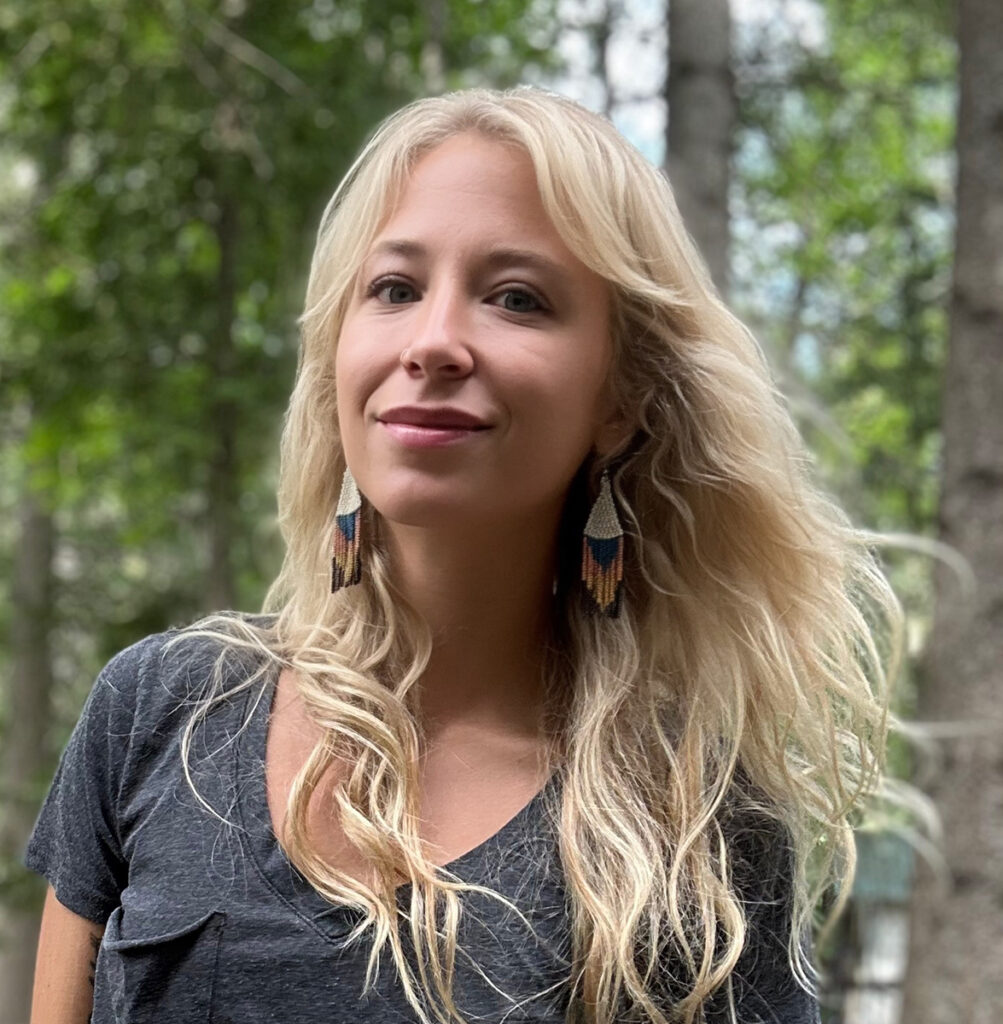

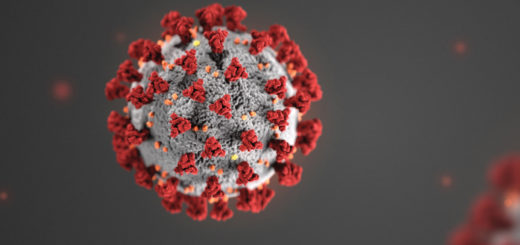


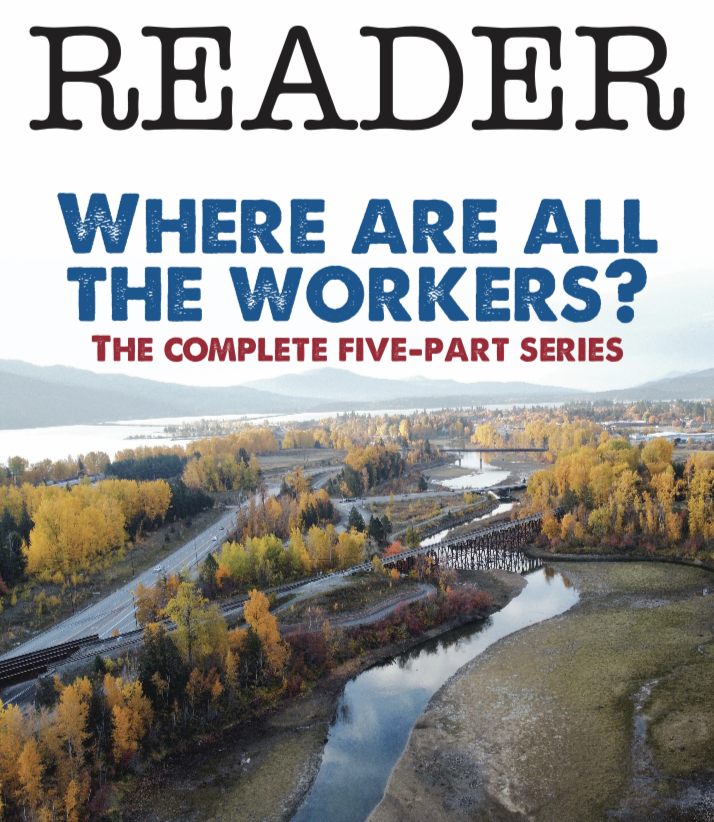
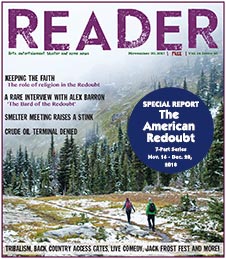



 Coming up this week! Don’t miss Live Music, the Summer Sampler, the Art Party, Monarch Grind, the Sandpoint Renaissance Faire, and more! See the full list of events in the
Coming up this week! Don’t miss Live Music, the Summer Sampler, the Art Party, Monarch Grind, the Sandpoint Renaissance Faire, and more! See the full list of events in the 